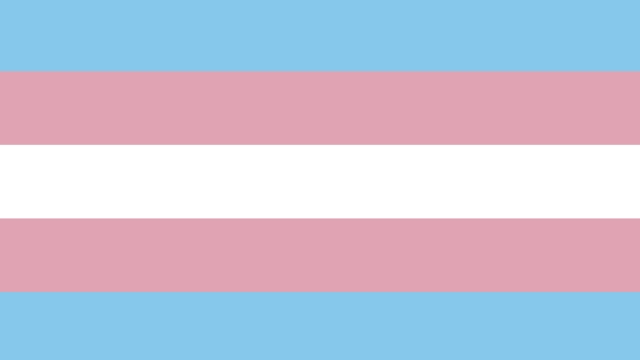#BeInTheKnow: National Transgender HIV Testing Day 2017

Today marks National Transgender HIV Testing Day, an opportunity to recognize the impact of HIV on transgender people in the United States.
“National Trans HIV Testing Day reminds us of the central role that routine testing plays in maintaining both our physical and sexual health,” said HRC National Press Secretary Sarah McBride. “Understanding our bodies, including through knowing our status, provides each of us with the power and knowledge to live whole, healthy, and authentic lives. As a transgender person, I’m going to take this day to get tested and I encourage you to do so as well, now and in the future.”
Fast Facts from the Centers for Disease Control and Prevention (CDC):
- Among the 3.3 million HIV testing events reported to CDC in 2013, the highest percentages of newly identified HIV-positive persons were among transgender people.
- Although HIV prevalence among transgender men is relatively low (0-3 percent), a 2011 study suggests that transgender men who have sex with men are at increased risk for acquiring HIV.
Fast Facts from the National Center for Transgender Equality (NCTE):
- In a 2016 survey of more than 27,000 transgender people in the United States, respondents were living with HIV (1.4 percent) at nearly five times the rate of the U.S. population (.3 percent).
Prevention Challenges:
- Lack of accurate and gender-affirming data: Currently, many federal, state, and local agencies inaccurately collect data about individuals’ sex and gender, which makes it much more difficult to determine the particular HIV-related challenges facing transgender people.
- Stigma and discrimination: Transgender people often experience stigma and discrimination in many facets of life, including healthcare. Such rampant anti-trans bias prevents many trans people from getting tested or treated for HIV out of fear of violence and harassment.
- Economic barriers: In the wake of high rates of unemployment because of individual and structural anti-trans bias, many transgender people, particularly transgender women of color, turn to survival sex work to meet their basic needs. Engaging in sex work has been shown to increase one’s chances of contracting HIV.
Ways to Learn More and Get Involved:
- Get tested for HIV and other sexually transmitted infections. Get treated as soon as possible to prevent more serious issues.
- Use one or more prevention strategies to maintain your sexual health and your partner’s.
- Seek out information from the CDC, NCTE, the Center of Excellence for Transgender Health, and other organizations working on this issue.
- Listen to and share the stories of trans people living with and affected by HIV.
HRC is committed to working with our allies, partners, members, and supporters to end the dual epidemics of HIV and HIV-related stigma. Click here to learn more, and join the conversation on social media using the hashtags #BeInTheKnow & #STDMonth17.
You Might Like
